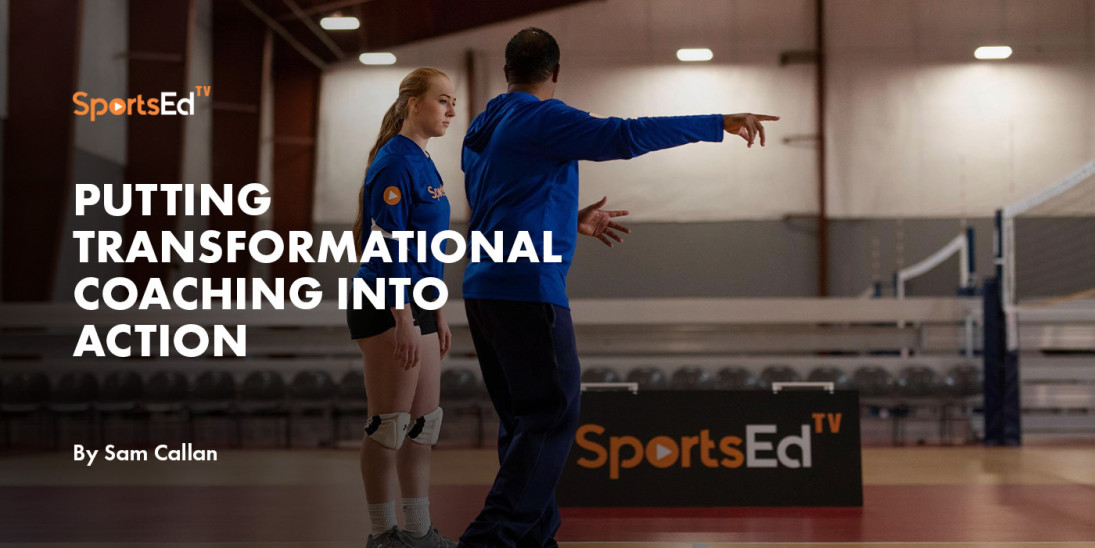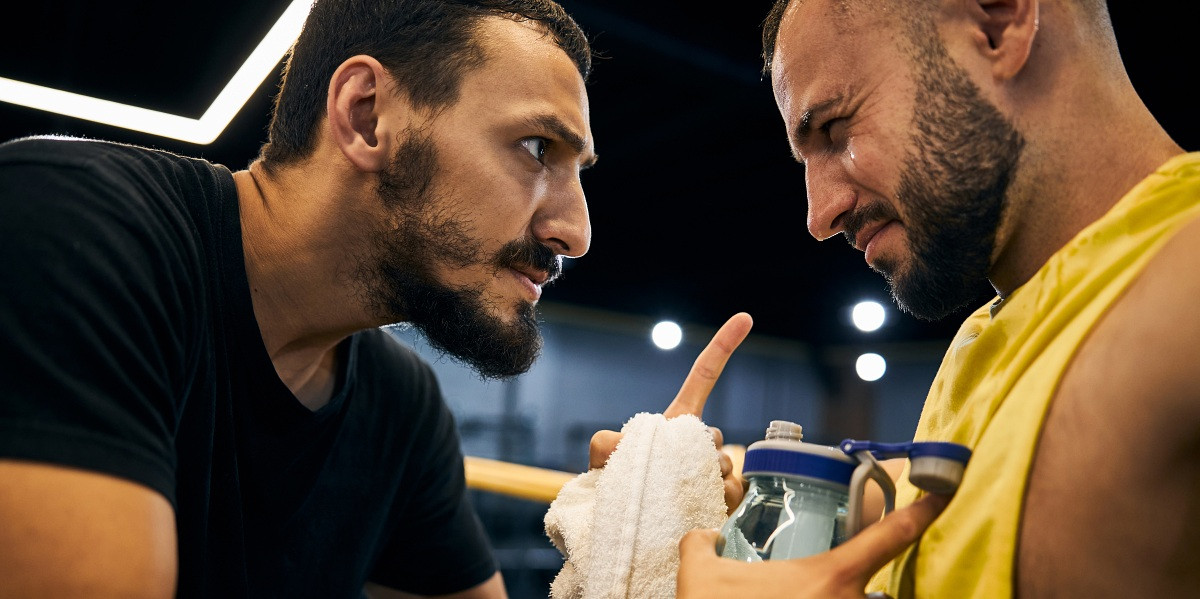Mental Health
Welcome and thanks for visiting...

Putting Transformational Coaching Into Action

In a previous blog, we introduced the concept of the transformational coaching including the four I’s listed below. Being a transformational coach does not mean giving up responsibility or turning the team over to your players to run. Working with your players or athletes to achieve their goals is a key attribute of the transformational coach.
- Idealized influence
- Inspirational motivation
- Intellectual stimulation
- Individualized consideration
Each concept or domain has behaviors that put the concept into action. Many are connected. It is likely you already do many of the behaviors listed. Being a transformational coach may bring you and your players closer and you might it a very rewarding experience.
Idealized influence
Discussing and modeling prosocial values and behaviors are one aspect of this domain. Prosocial values and behaviors are those that intended to help others. A coach shows concern and caring for his/her athletes and seeks to meet their needs. Constructive feedback and encouragement are other examples of prosocial behaviors. You as the coach can set the tone by modelling these behaviors.
Showing vulnerability and humility are also behaviors a transformational coach exhibits. A humble and vulnerable coach accepts that he/she does not have all the answers. Such a coach admits when he/she makes errors like calling the wrong play at a critical moment. Asking for input from your athletes is another way of connecting with them and perhaps finding the best possible solutions.
Inspirational Motivation
Discussing goals and expectations with your athletes engages them in the process and when combined with asking for their input will increase ownership. Clear expectations are important for motivation.
Expressing confidence in your athletes’ abilities leads to motivation and continued progress. Setting up challenges that are within reach build confidence when combined with support and proper feedback. Caution needs to be taken not to set up challenges too far beyond an athlete’s capabilities.
Providing meaningful and challenging tasks and roles to athletes motivates them. Challenging tasks are described above; defining a meaningful role for each player keeps the player engaged. If a reserve player understands his/her role and how it contributes to team success, that player will remain motivated.
For success, there is a need for implementing a collective vision. The coach and athlete(s) must be on the same page, working toward the same outcomes. Ideally that vision has been developed collectively.
Intellectual Stimulation
A transformational coach asks for player input. Regardless of age or experience level asking players for input gets them involved mentally. They learn to think and problem solve. If they learn this during practice, they can problem solve easier during games; this can be especially important in sports that are continuous action.
Sharing decision making and leadership responsibilities with players teaches them important lessons and creates more ownership.
A transformational coach emphasizes the learning process over outcomes. Focus on mastery, effort, and self-improvement as these are areas players have more control over than outcomes like winning. A study of Olympians by Joan Duda, PhD, showed that athletes who focused on mastery were more successful than athletes who focused on winning.
Individualized Consideration
Being attentive to the needs of each individual is a critical component to being a transformational coach. Showing interest in an athlete’s feelings and perspectives is a way of connecting with players. It is also important to recognize the athlete’s accomplishments and contributions both within sport and outside. For instance, recognizing the scholastic athlete for academic achievements or for awards outside of sports.
Summary
Being a transformational coach is not an easy transition for some. The rewards can be great with better player buy-in and more motivation. If you are trying out some new behaviors with your athletes or team, let them know that you are trying out something new. If some attempts do not go well, own up to it, but keep at it.
To help with assessing your transformational coaching, here is a form you can use to assess where you are.
Read more:




